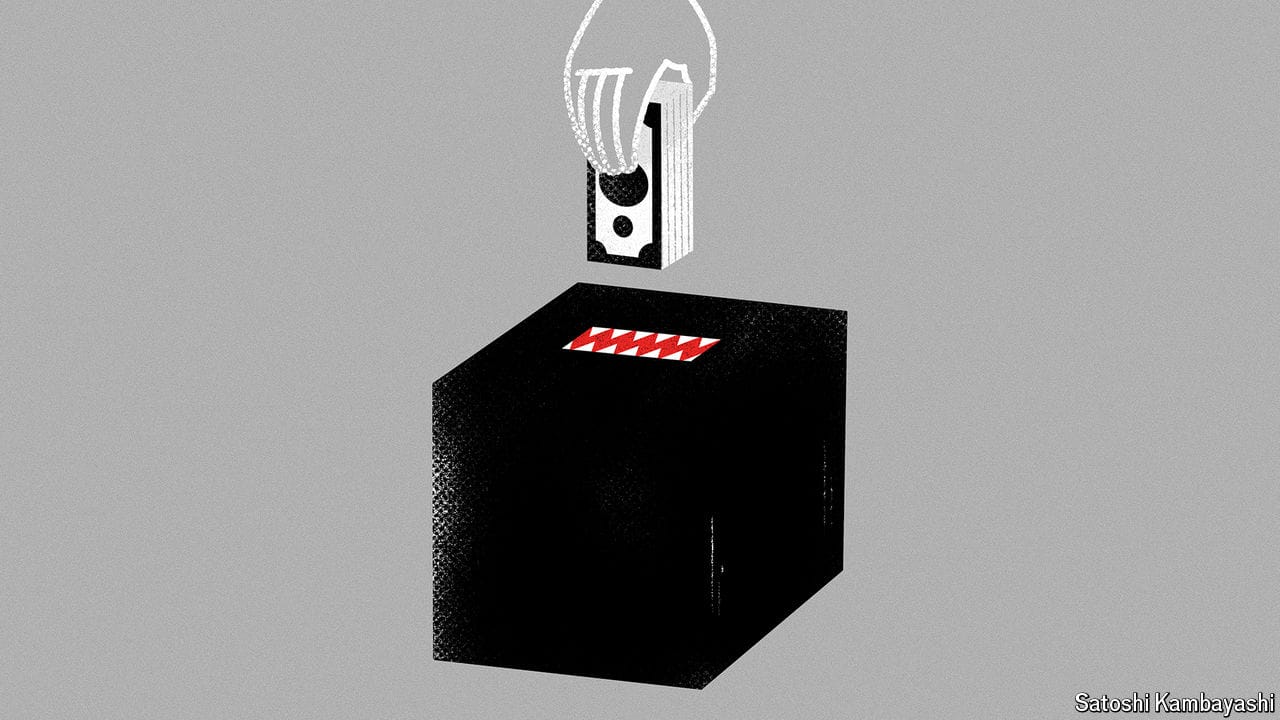Who bears the burden of a corporate tax?
Though aimed at shareholders, some of the costs fall on workers

JOE BIDEN wants to rebuild America, and he reckons that American firms can help foot the bill. Central to the president’s grand infrastructure-investment push is a plan to raise the tax rate on corporate income from 21% to 28% (though he has hinted he may settle for less). Although the administration pitches its tax proposals as a way to redress the problem that “those at the top are not doing their part”, opponents warn that corporate-tax rises do not simply fall on wealthy shareholders, but also shrink the pay packets of the working people the president claims to champion. In fact, workers often do bear some of the burden of increases in corporate taxes—though understanding just how much is a question that continues to vex economists. Nonetheless, the details of Mr Biden’s tax plans suggest that they may prove more worker-friendly than the usual effort to squeeze juice from Apple.
This article appeared in the Finance & economics section of the print edition under the headline “When the Inc runs”
Finance & economics May 15th 2021
More from Finance and economics

China’s last boomtowns show rapid growth is still possible
All it takes is for the state to work with the market

What the war on tourism gets wrong
Visitors are a boon, if managed wisely

Why investors are unwise to bet on elections
Turning a profit from political news is a lot harder than it looks
Revisiting the work of Donald Harris, father of Kamala
The combative Marxist economist focused on questions related to growth
Donald Trump wants a weaker dollar. What are his options?
All come with their own drawbacks
Why is Xi Jinping building secret commodity stockpiles?
Vast new holdings of grain, natural gas and oil suggest trouble ahead
